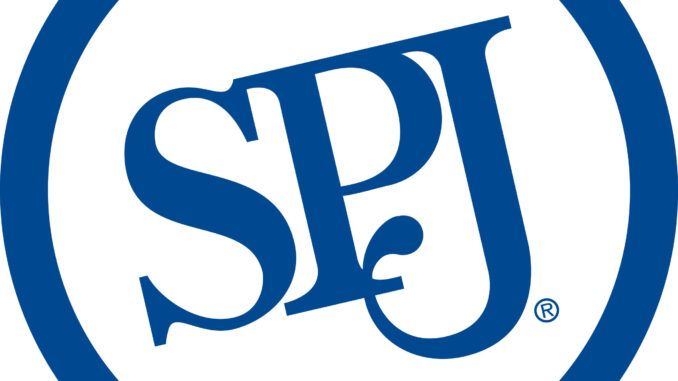
Zach Petroff | Opinions Editor
*Note: The Society of Professional Journalists will publish a monthly column in The Duke’s opinions section.
One of the first things I do when I wake up is check my phone.
I check my bank account, the weather and social media.
I cannot help but check on a few select Facebook friends. I do not do it out of curiosity, but out of fascination.
I am obsessed with people who tend to over share their lives on social media.
Despite only meeting a few of these people a few times, I feel like I know so much about them. I know their political leaning (it’s in some of their profile pictures), their fears, their hopes and even intimate details of their relationships.
It’s captivating, it’s intrusive and above all it is entertaining. Who needs reality television when I can see if Stacy from high school is going to air her dirty laundry about her toxic codependent relationship?
The brilliance behind social media platforms like Facebook, Instagram and X, formerly known as Twitter, is that the users are the content creators. One of the main draws to social media is to see what people in our social circles are doing. I cannot be alone in using social media to view the absurdity. My dopamine receptors get their fill when I watch the guy I went to high school with go on an intimate yet outlandish tirade about the conspiracy of the dollar bill.
I know it’s likely bad for our culture, but when Ashlee posts about her experience of being “disrespected” at a Home Depot I cannot help but read every word in her elitist and often misinformed rant.
Social media is a circus that we are not just attending, but where we are also the main attraction. The reason these platforms are free is because they need users to create content to attract and keep people logging back on. The more people in the tent, the more advertisers are likely to spend money.
The problem here is that the ones doing the performances, the ones performing the tricks and drawing crowds to the circus are not being compensated.
It is a lucrative model. Take a look at Meta, whose financial records show that in the last quarter of the fiscal year 2022, they posted a net income of $23.2 billion.
Approximately 98% of that revenue was from advertising. That is a lot of money built on the backs of people and organizations willingly giving out their content for free.
This includes local news.
Last Wednesday, the Trib Total Media President and CEO Jennifer Bertetto met with White House officials to push for legislation that would allow local news outlets to negotiate for fair compensation from large digital platforms that use their content.
“Big Tech companies don’t have reporters on the ground like we do,” Bertetto said.
“Yet they get the bulk of the revenue while we are the ones providing quality journalism to communities from Greensburg to Tarentum.
It is only fair that publishers like the Trib can sit down and negotiate for adequate compensation.”
Local news outlets across the country are drying up, unable to stay financially viable.
PBS reported in August that over the past few decades more than 2,000 newspapers across the country have closed, yet so many outlets are willingly giving away their products, for free, to these tech giants who are making an astronomical amount of revenue.
Our local news outlets are giving their content away, for free.
It is not just Facebook.
The Tribune-Review cited in their article that between 16% and 40% of Google search results are news content according to News/Media Alliance.
The alliance said that has contributed to a 58% revenue decrease among U.S. newspapers since 2005.
It seems that a lot of struggling news organizations are looking for a quick fix or some ground-breaking way to stay relevant, creating TikToks or using sensationalism to draw people in.
But the answer, seems to be clear: Good journalism finds a way to the people.
We just need to capitalize on it.
Editor’s Note: Zach Petroff is an intern at the Tribune-Review.

